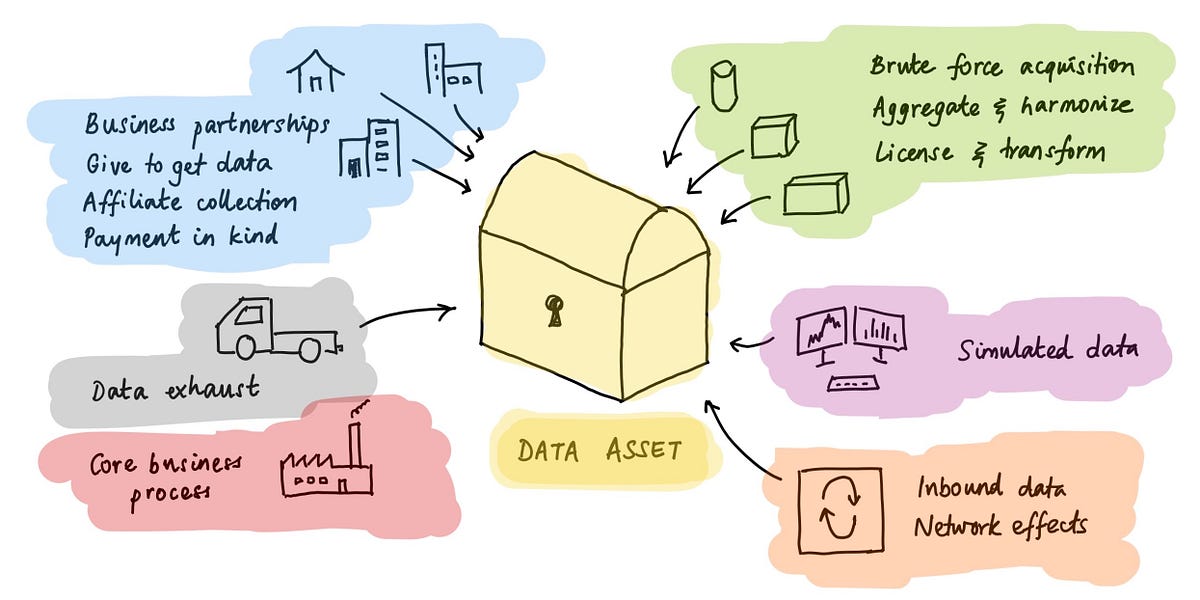Dun & Bradstreet (NYSE:DNB) is 180 years old. No business survives that long (two world wars and a civil war, recessions and depressions, market booms and busts, multiple technological revolutions, good and bad management, you name it) without an amazing structural moat. That’s the power of data businesses.

